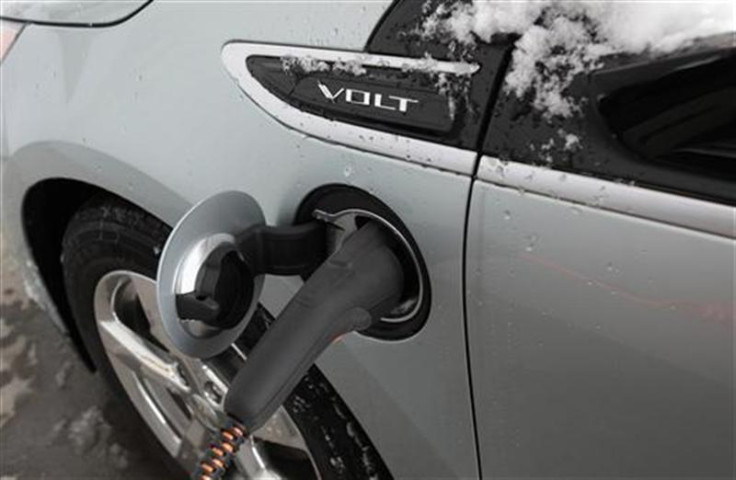Electric cars should be charged in smart ways to avoid pressure on power grids says John Hayes
Most electric cars are being recharged during those hours when demand for energy is at its highest levels.

Electric cars in the UK should be recharged at the right time of day as it will help avoid putting stress on power grids in the country, Transport Minister John Hayes has said.
"We know the demand for electric vehicles places the national grid under pressure. It's critically important – we are working on this. It's particularly important that we charge smart, so we flex demand and take advantage of spare capacity," Hayes said in London.
This statement comes as energy firm SSE revealed that most electric cars were being recharged by users after they returned home from work. This is the time when demand for energy was at its highest levels.
As a result, SSE is has started trials on a time-shifting technology, which will allow users to charge their cars after peak hours. SSE said that such a "demand-side response" system could reduce the cost of power grid upgrades that are required to manage charging electric vehicles. However, most of the 10,000-plus charging points in the country at present do not have this technology.
Stewart Reid, head of asset management and innovation at SSE, said that for electric cars to take off in a large way, it is essential that some of these network upgrades be ultimately passed on to energy bills. "If this goes ballistic, if it's like iPads went, then we're going to have a very big investment programme: you're going to have to invest in the network. But at least we're going in with our eyes open," he was quoted as saying by the Guardian.
Meanwhile, a spokesman for the Energy Networks Association, the industry body funded by UK gas and electricity transmission and distribution licence holders, agreed that there was a need to make an investment in the network.
He added, "Electricity network operators are developing a number of innovative solutions to enable people to charge their vehicles while minimising the impact on the power network."
© Copyright IBTimes 2025. All rights reserved.





















